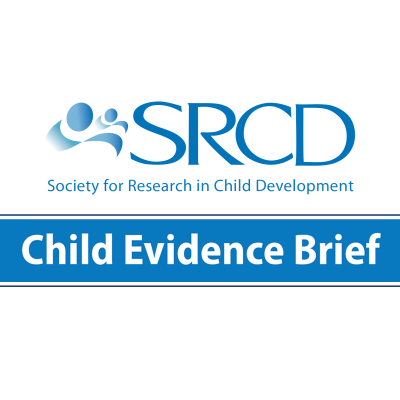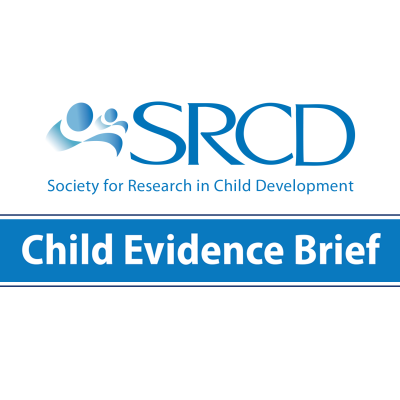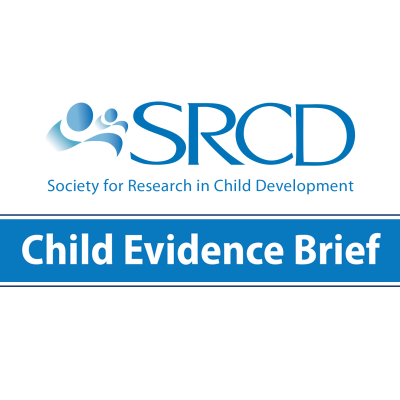Improving After-School Programs in a Climate of Accountability
Social Policy Report Brief, Volume 22, Issue 2
Why Does This Matter?
A growing emphasis on accountability standards, coupled with the No Child Left Behind legislation, is putting pressure on after school programs to help educators boost academic outcomes for students. Research tells us that after-school programs can have an impact on academic performance, but that many do not. Among other things, it appears to depend on a program having explicit goals and activities aligned with those goals. We need to learn more about the practices of effective programs and how to implement those practices widely.
Amid increases in the availability of after-school programs, policymakers and practitioners are seeking to strengthen existing programs. But they need evidence about program improvement strategies that work.
Policy Implications
Efforts to create and sustain high-quality after-school programs should be informed by the best information currently available (see What the Research Says). Specifically, policymakers and program directors should:
- Be explicit about the program’s goals and make sure that the activities support those goals—for example, if helping students at risk of school failure is the goal, after-school activities should reflect that goal; similarly, if improved academic performance is the objective, programs should include activities focused on academic achievement.
- Encourage learning that is student-centered, active, and developmentally appropriate, and that takes advantage of the flexibility in scheduling and location offered by after-school programs.
- Provide on-site staff development on a regular basis.
- Improve curriculum materials used in after-school programs.
- Recognize that bettering curriculum materials alone is unlikely to produce desired results. This is especially important if the curriculum is arranged according to a fixed, sequential schedule, because attendance in afterschool programs can be sporadic.
- Keep in mind the challenges related to those who work in after-school programs (see Facts at a Glance).
What the Research Says
- Recent high-quality reviews of studies evaluating after-school programs show that on average, afterschool programs improve important academic, social, and emotional outcomes. A subset of the evaluated programs produced outstanding results and this subset accounts for the overall positive picture.
- However, the same research shows that many of the more conventional after-school programs do not affect outcomes more than other services in the community.
- Observational research suggests that the best afterschool programs actively involve young people and feature project-based activities that can last many weeks, are not limited in the ways that constrain school-day class schedules, and use the community as a resource and site for activities.
- The same research indicates that good programs are driven largely by students, focus on improving interactions between young people and staff, include on-site and continuous staff development, and have explicit goals.
- There is a great need for research-supported ways to intervene and improve programs’ effectiveness.
Facts at a Glance
- Much of the funding for after-school programs comes from education budgets and is administered by state and local education agencies. For example, the 21st Century Community Learning Centers program, the main source of federal support dedicated to after-school programs, is now funded through No Child Left Behind.
- This situation has created a push to emphasize academics in after-school programs. Some argue that programs can and should have a positive effect on academic outcomes, while others say that a focus on academics will turn a rich field of youth services into a poorly implemented extension of the school day.
- Improving the effectiveness of programs presents challenges, including the fact that most staff are part-time, earn modest hourly wages, and qualify only for those benefits required by law. Therefore, staff turnover is high.
- The U.S. Department of Education, through the Institute for Education Sciences, is conducting two studies that test the effects of using after-school adaptations of regular school-day curricula for mathematics and reading
This brief summarizes a longer Social Policy Report, "After-School Programs and Academics: Implications for Policy, Practice, and Research," by Robert Granger, President of the William T. Grant Foundation.


